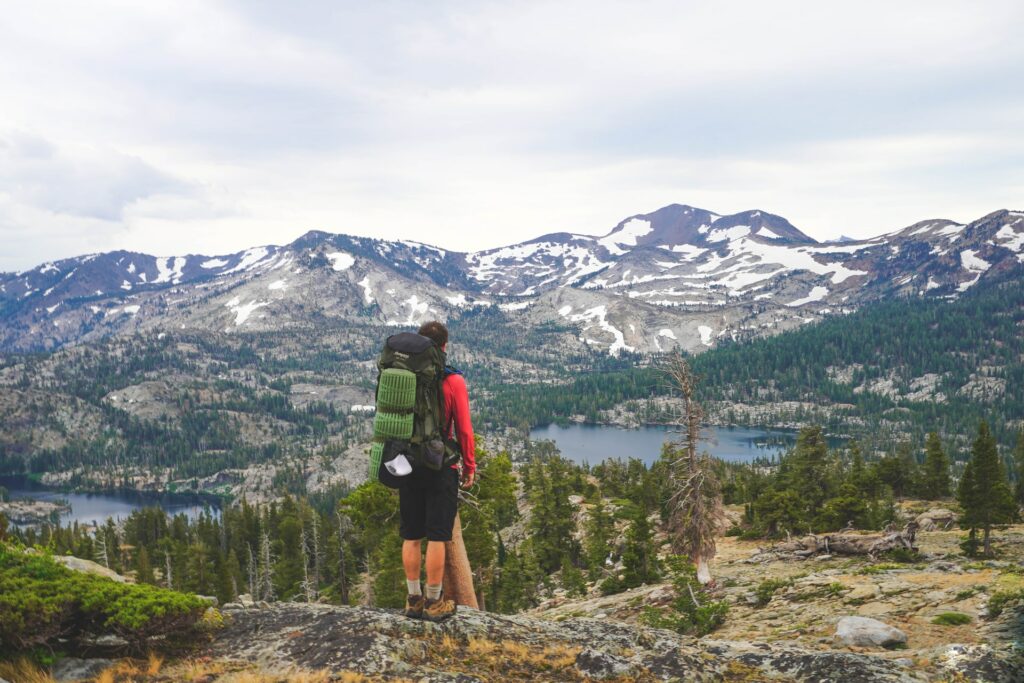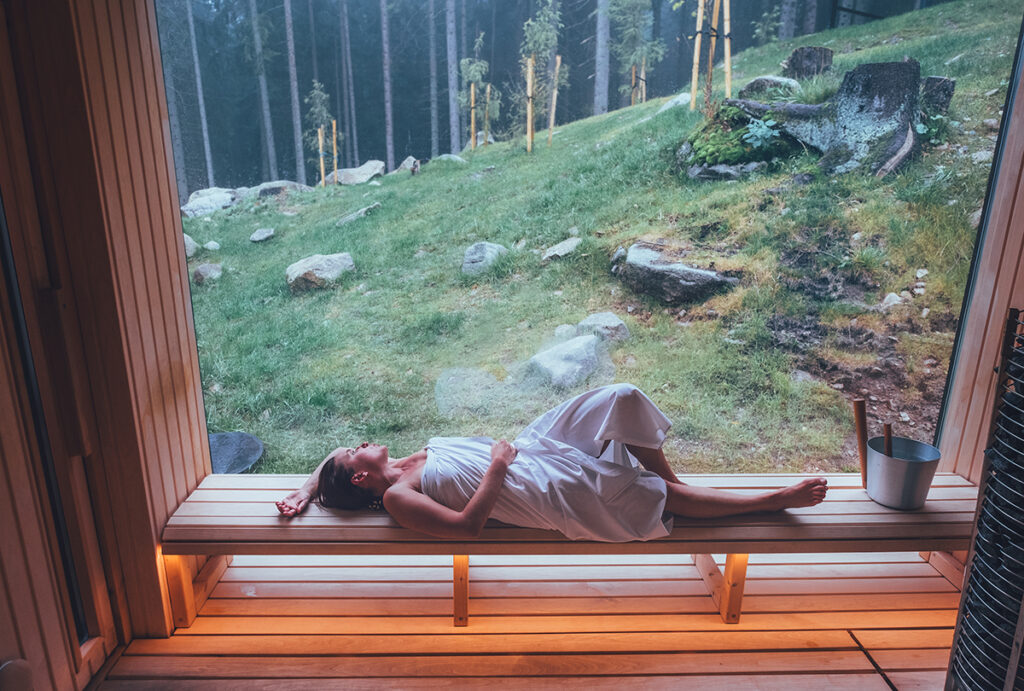Happiest Country in the World
Finland Tops World Happiness Report for Fifth Time in a Row
For the fifth year in a row, Finland landed the #1 ranking as the happiest country in the world in the 2022 World Happiness Report. And it’s in good company with other Nordic companies appearing in the top 8. It’s an interesting time to be thinking about happiness as the world faces distressing challenges such as COVID recovery and war. Perhaps by exploring the elements that contribute to this ranking, some light can be shed on how to build happiness in other countries—their structures, policies and actions.
The report—now in its tenth year—comes out of the UN Sustainable Development Solutions Network. And while the topic might seem “light”, this group takes data gathering seriously. The report relies on global survey data to report on how people evaluate their own lives in more than 150 countries around the world.
Top 10 Happiest Countries in the World
According to the report rankings, the top 10 countries are as follows:
- Finland
- Denmark
- Iceland
- Switzerland
- The Netherlands
- Luxembourg
- Sweden
- Norway
- Israel
- New Zealand
(Canada lands at 15)
What Goes into the Ranking?
The report measures well-being based on three factors: life evaluations, positive emotions and negative emotions, paying specific attention to daily emotions. It looks at data from the Gallup World Poll, which asks people to evaluate their current life, from 10 to zero, with 10 being the best possible life, and zero being the worst.
The study maps average life evaluation per country and explains the results by six factors: dystopia, perceptions of corruption, generosity, freedom to make life changes, life expectancy, social support and GDP per capita. It aims to measure overall contentedness with life while at the same, comparing it to data gathered in previous years. Three years of data go into the calculations – the 2022 edition used answers from 2019 to 2021 to calculate the 2022 rankings.

Can Happiness be “Structured” into Place?
The report claims there are identifiable key determinants of wellbeing that can inform the policies that countries, cities and town create to help achieve happier societies. People in Finland and elsewhere understand that contentment and satisfaction don’t just occur. You have to construct and maintain the culture and the social institutions that form the basis and framework for individuals and communities to build their happiness.
For example, Finland with the rest of the Nordics supports democratic governance and human rights. Education and healthcare are available for free, or nominal cost. They also know that balance is part of the happiness equation: in one section of the report, researchers examine data from a separate global survey about balance and harmony to look at how they relate to happiness. In that survey, 90.4 percent of Finnish respondents deemed their lives to be “in balance,” a top result matched only by Malta. Many in Finland see access to parks and wilderness as an important part of their lives. We also know that many in the Finnish culture prioritize wellness, community, and of course spend a lot of time in the sauna!

Factoring Values into the Picture
Finland’s repeated success in the World Happiness Report can be attributed to factors that show up in other reports, indexes and international comparisons. Finland is considered the world’s most stable and least corrupt country, ranks highly in good governance and in political and civil freedom and ranks second in press freedom, second in gender equality, third in children’s rights and fourth in education. It tops the Sustainable Development Index and the Work-Life Balance Index, and places third in the EU Social Justice Index. Finland is also the EU country where people express the most trust in each other.
It’s difficult to process happiness when tragically unhappy things are occurring in the world, and Finland faces its own challenges this year on the global stage. The World Happiness Report offers a moment to glimpse what happiness can mean to a nation or a people, and provides an annual opportunity to think about the elements that shape it. We hope, for other nations too.